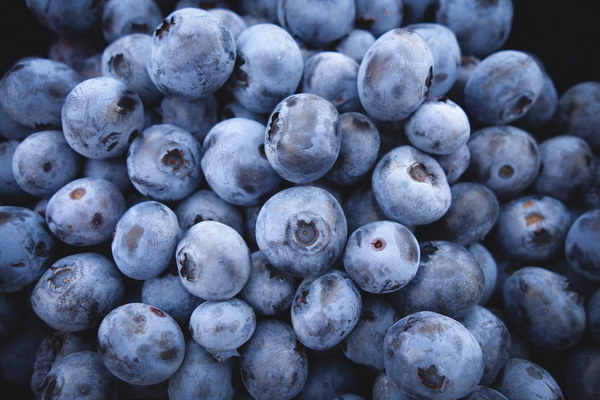Top 5 Most Effective Medications for Liver Protection and Care
Top 5 Most Effective Medications for Liver Protection and Care
The liver is a vital organ responsible for a multitude of functions in the body, from detoxifying harmful substances to producing bile for digestion. Due to its critical role, maintaining liver health is essential. There are various medications available to protect and support liver function. Here, we explore the top five most effective medications for liver protection and care.
1. Milk Thistle (Silymarin)
Milk thistle, commonly known for its active compound silymarin, has been a staple in traditional medicine for centuries. This herbal supplement is renowned for its hepatoprotective properties, which means it helps protect the liver from damage. Silymarin has been shown to have antioxidant effects, helping to reduce inflammation and scarring of the liver. It is often recommended for those with chronic liver diseases such as hepatitis C, alcoholic liver disease, and non-alcoholic fatty liver disease (NAFLD).
How It Helps:
- Antioxidant Protection: Silymarin neutralizes free radicals that can cause liver cell damage.
- Inflammation Reduction: It helps reduce inflammation and scarring in the liver.
- Toxin Binding: Silymarin binds to toxins in the liver, preventing them from causing further damage.
2. Metformin
Although primarily used as an antidiabetic medication, metformin has also been found to have liver-protective effects. It is believed to help reduce insulin resistance, which can decrease the risk of NAFLD. Additionally, metformin has been shown to improve liver enzymes and reduce the accumulation of fat in the liver.
How It Helps:
- Insulin Sensitivity: Metformin enhances the body's sensitivity to insulin, reducing the risk of NAFLD.
- Fat Reduction: It helps reduce the fat content in the liver, preventing fatty liver disease.
- Liver Enzyme Improvement: Metformin can improve liver enzyme levels, indicating better liver function.
3. N-Acetylcysteine (NAC)
NAC is a precursor to the antioxidant glutathione, which is essential for liver detoxification. It is often used in the treatment of acute liver failure and is also beneficial for chronic liver diseases. NAC helps protect liver cells from damage, reduces inflammation, and aids in the removal of toxins from the liver.
How It Helps:
- Glutathione Production: NAC increases glutathione levels, which are crucial for liver detoxification.
- Liver Cell Protection: It helps protect liver cells from damage caused by toxins.
- Inflammation Reduction: NAC has anti-inflammatory properties that can reduce liver inflammation.

4. Omega-3 Fatty Acids
Omega-3 fatty acids, found in fish oil, have been shown to have a positive impact on liver health. They can help reduce inflammation, lower triglyceride levels, and prevent the progression of NAFLD. Omega-3s are particularly beneficial for individuals with chronic liver diseases and those at risk of developing liver-related complications.
How It Helps:
- Inflammation Reduction: Omega-3s have anti-inflammatory properties that can help reduce liver inflammation.
- Triglyceride Reduction: They can lower triglyceride levels, which are associated with NAFLD.
- Liver Disease Prevention: Omega-3s can help prevent the progression of NAFLD and other liver-related conditions.
5. Colestipol
Colestipol is a bile acid sequestrant that helps lower cholesterol levels. However, it also has liver-protective effects. By binding to bile acids in the intestines, colestipol decreases the amount of bile acids that are reabsorbed, which can lead to a reduction in cholesterol production in the liver. This, in turn, can help prevent the development of NAFLD.
How It Helps:
- Bile Acid Binding: Colestipol binds to bile acids, reducing their reabsorption and cholesterol production.
- NAFLD Prevention: It can help prevent the development of NAFLD by reducing cholesterol levels in the liver.
- Cholesterol Reduction: Colestipol is effective in lowering overall cholesterol levels.
In conclusion, while these medications can play a significant role in liver protection and care, it is essential to consult with a healthcare professional before starting any new treatment. A personalized approach to liver health, including a balanced diet, regular exercise, and avoiding harmful substances, should always be part of a comprehensive liver care plan.









